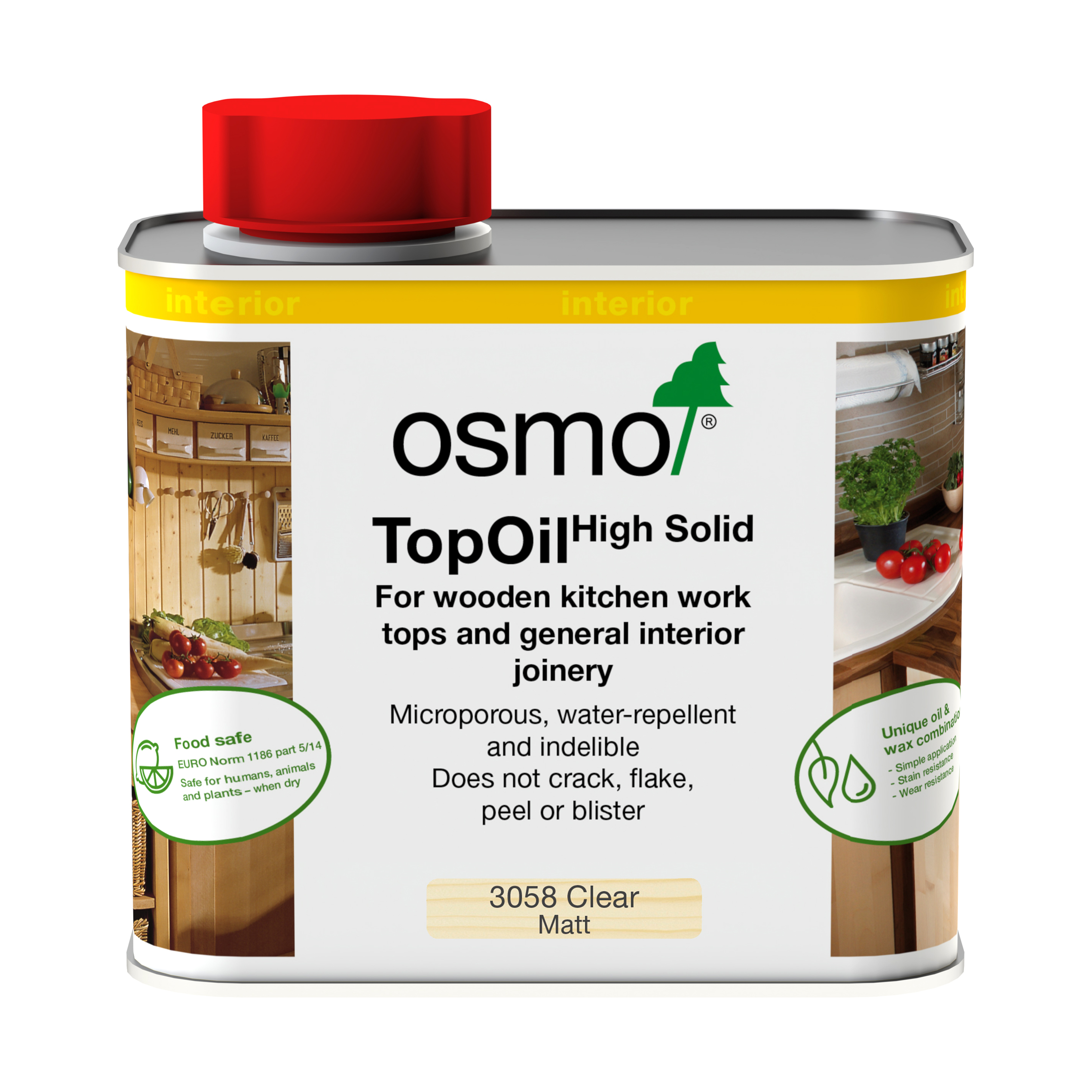Browse the UK's largest range of kitchen worktops. Over 120 designs available for next day delivery.
Tag @worktopexpress to share your home projects with us.
Worktops Direct
Welcome to Worktop Express. As the UK's leading online worktop supplier, we specialise in providing superior surfaces at affordable prices direct to the public.
Our extensive kitchen worktop collection is hand-picked by our team of experts and contains over 90 styles, including classics such as oak worktops, in a variety of materials. Each product is selected for its unique aesthetic and is carefully sourced from the world's top manufacturers - including many in the UK - to deliver sustainable surfaces of the highest quality.
Kitchen Worktops Direct
We are proud to have delivered over half a million orders since inception in 2009 and our customers are at the heart of everything we do. Our unrivalled stockholding of over 20,000 worktops means we're sure to have your worktop available immediately and our Two-person service will deliver on your chosen day, taking care of the heavy lifting for you. With over 60,000 positive reviews, our passion for exceptional quality and great service is recognised by our customers too.

 Trusted by 60,000+ customers
Trusted by 60,000+ customers







